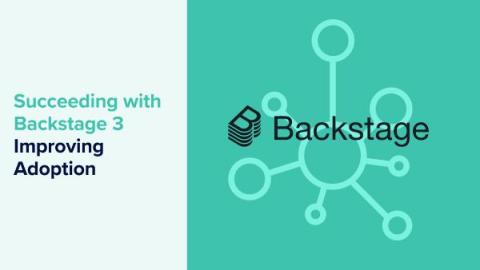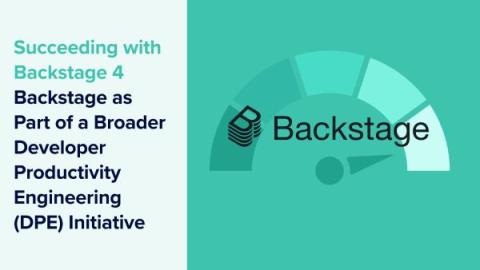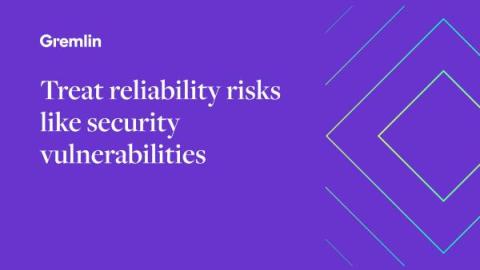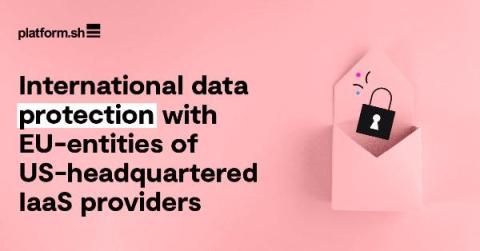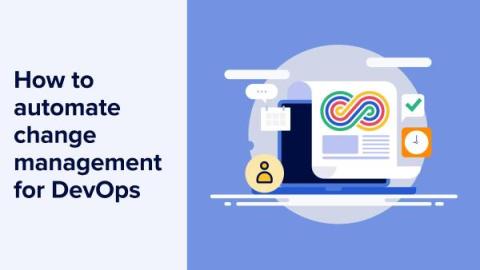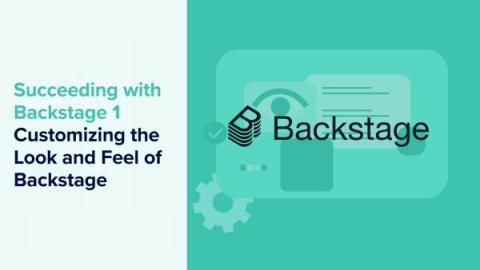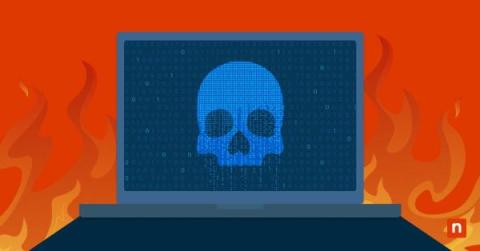Operations | Monitoring | ITSM | DevOps | Cloud
Latest News
Succeeding with Backstage 3: Improving Adoption
This third installment of the “Succeeding with Backstage” series explores how you can improve the adoption of Backstage within your organization. The previous two parts dealt with customizing the look and feel of Backstage and creating and maintaining custom plugins.
Succeeding with Backstage 4: Backstage as Part of a Broader Developer Productivity Engineering (DPE) Initiative
This final article in the “Succeeding with Backstage” series focuses on how you can incorporate Backstage as part of a broader developer productivity engineering (DPE) initiative. The previous parts dealt with customizing the look and feel of Backstage, creating and maintaining custom plugins, and improving Backstage adoption.
Enhancing System Security with Advanced Logging and Auditing in Linux
Linux is a powerful operating system that has become a staple in the world of computing. With its open-source nature and versatility, it has gained popularity among individuals and organizations alike. However, as with any operating system, there is a need for robust logging and auditing capabilities. This is where the concept of "Advance Logging and Auditing in Linux" comes into play. In simple terms, logging and auditing are methods of recording and analyzing system activity.
Treat reliability risks like security vulnerabilities by scanning and testing for them
Finding, prioritizing, and mitigating security vulnerabilities is an essential part of running software. We’ve all recognized that vulnerabilities exist and that new ones are introduced on a regular basis, so we make sure that we check for and remediate them on a regular basis. Even if the code passed all the security checks before being deployed, you still perform regular security tests to make sure everything’s secure.
International data protection with EU-entities of US-headquartered IaaS providers
The General Data Protection Regulation (GDPR), a legal mandate across the EU, requires enhanced protection for EU personal data transferred to countries with inadequate levels of data protection safeguards—including the US. The EU-US Privacy Shield, which was in place until 2020, facilitated these protections but was invalidated by the Schrems II ruling as a result of US surveillance concerns.
How to Automate Change Management for DevOps
Until fairly recently, software releases happened once or twice a year, maybe once a quarter. This gave IT teams plenty of time to verify and manually sign off on every change before they were released in big batches during a bank holiday weekend or off-peak hours. Typically, they’d produce paperwork to show that all changes had been properly tested, and then those changes would be approved for release in a change advisory board meeting (CAB).
Succeeding with Backstage 2: Building and Maintaining Custom Plugins
This second installment of the “Succeeding with Backstage” explains how to create a custom Backstage plugin. For many use cases, customizing the platform’s look using the methods from the last part and integrating existing plugins will be enough to align Backstage with your organization’s needs. But what happens when the plugin directory doesn’t have a plugin that solves your particular problem? You create a custom plugin, of course.
Succeeding with Backstage 1: Customizing the Look and Feel of Backstage
This is the first article in the “Succeeding with Backstage” series. This series is for those with a working Backstage implementation who want to ensure smooth adoption and ongoing successful use of the tool. If you’re still trying to decide if Backstage is for you, you can check out the first article in the “Evaluating Backstage” series.
Zero-Day Vulnerabilities: How to Address and Mitigate Them
No internet-connected code is truly secure. Today’s development process is deeply iterative, and this ever-shifting landscape of code can sometimes expose critical vulnerabilities. When these flaws are discovered by attackers first, zero-day exploits threaten not just your own integrity – but that of business partners and team members across the organization.



